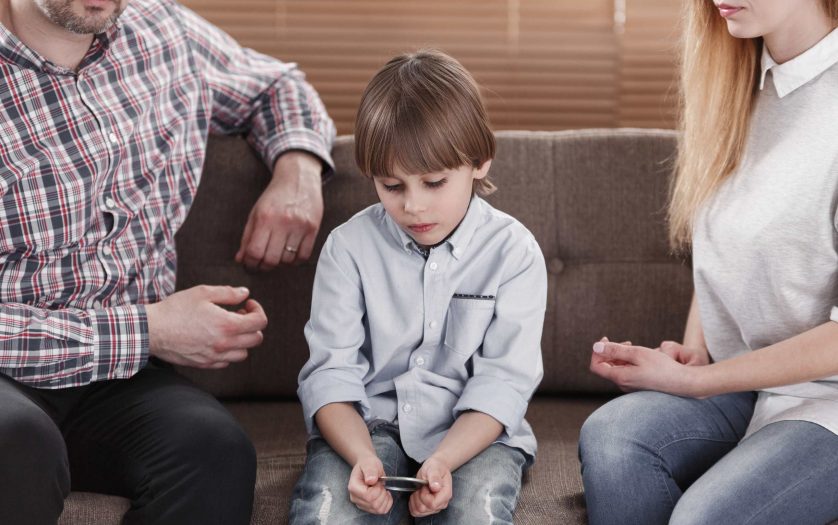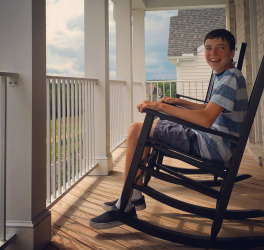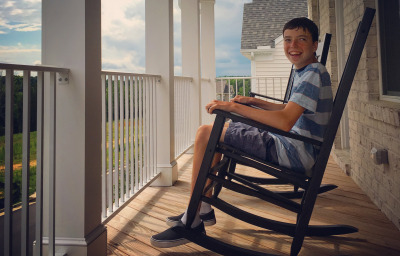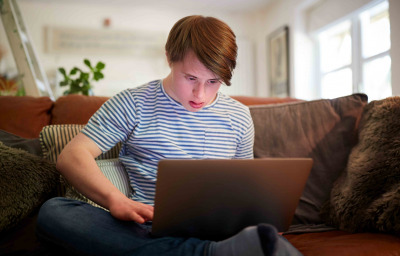
Parenting a child with autism during a coronavirus pandemic adds an untold amount of stress to those families’ already stressful lives.
Professor Laura Lee McIntyre, College of Education, was in the middle of a 16-week National Institutes of Health-funded study on families in Oregon and California with children who had autism. McIntyre’s research focuses on providing supports for parents of young children with autism and other developmental disabilities.
Her study used an intervention that she’s been refining with an economically, racially, and linguistically diverse sample, about half of whom were Spanish speakers, including some who spoke little or no English. The group met in person one evening a week as parents learned positive parenting strategies, stress-reduction techniques, and other tools to help them and their children strengthen their relationships.
Then the pandemic struck. They halted face-to-face gatherings, but McIntyre and her counterpart in California resumed the classes via video chats. She also received permission from the NIH to add a component to her previous study, asking 77 families questions about coping during the quarantine and the pandemic.
“What was interesting about our findings is we documented incredible stress and concern, particularly around the loss of services,” said McIntyre, department head of special education and clinical sciences and professor of school psychology. “These are families who already have challenges accessing services.
McIntyre found very little research on how families were coping with a pandemic while parenting a child with autism. She found none that had the ethnically, racially, and linguistically diverse component that her study had.
Some families talked about lost employment or how their jobs’ demands increased because they were essential workers. Others talked about their fear of getting sick and keeping their families safe and healthy.
Parents already had reported feelings of isolation pre-pandemic and the sense they were being judged since autism isn’t an obvious condition to bystanders.








